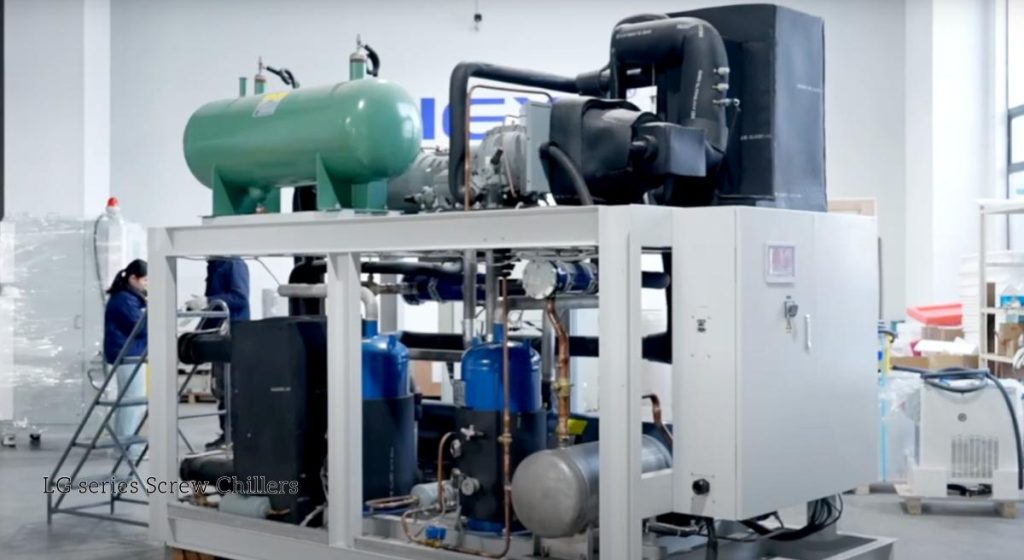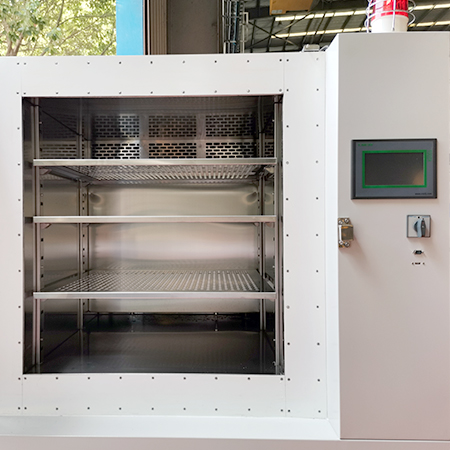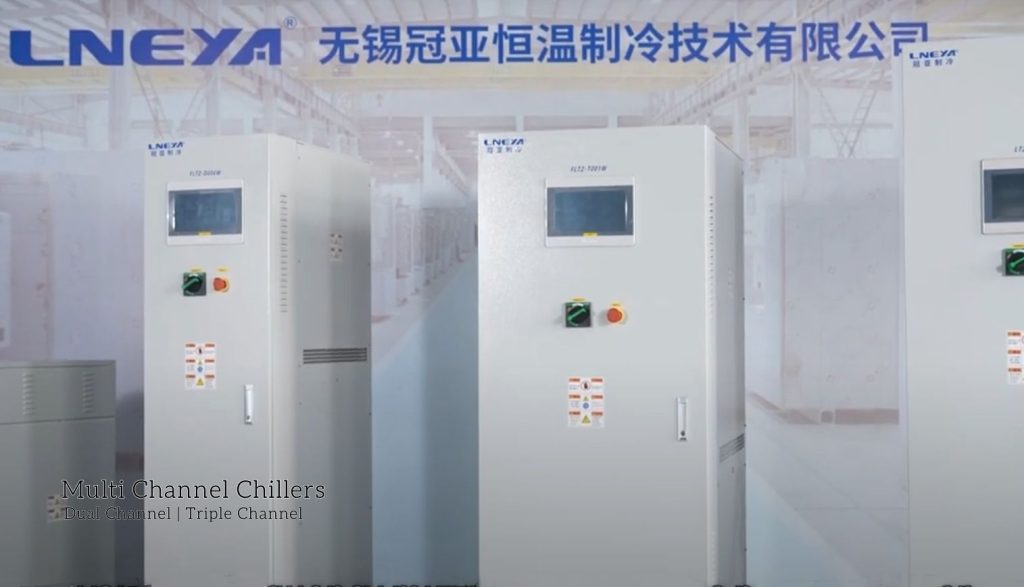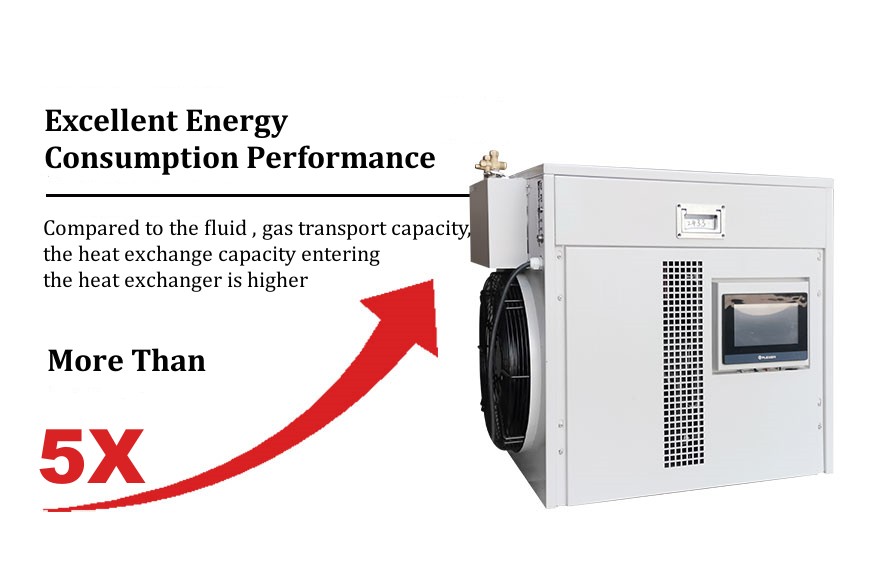EER Calculator – How to Calculate Energy Efficiency Ratio

- Compression Chillers vs Absorption Chillers Key Differences Efficiency and Applications
- What Are the Common Types of Chiller Compressors
- Hidden Costs of Chillers Quotes
- Industrial Chiller vs Industrial Freezer
- août 2025
- juillet 2025
- juin 2025
- mai 2025
- mars 2025
- février 2025
- janvier 2025
- décembre 2024
- novembre 2024
- octobre 2024
- septembre 2024
- août 2024
- juillet 2024
- juin 2024
- mai 2024
- avril 2024
- mars 2024
- février 2024
- septembre 2023
- juillet 2023
- juin 2023
- mai 2023
- janvier 2023
refroidisseur à air refroidisseur Installation d'un refroidisseur refroidisseurs Assemblage froid Congélateur refroidisseur d'eau refroidissement chauffage circulateur système de refroidissement et de chauffage système de refroidissement Réacteur en verre double couche système de contrôle dynamique de la température congélateur refroidisseur de gaz circulateur de chauffage refroidisseur industriel refroidissement industriel congélateur industriel réfrigérateur industriel réacteur à double enveloppe refroidisseur de liquide refroidisseur à basse température nouvelles refroidisseur pharmaceutique refroidisseur de processus refroidisseur de réacteur refroidissement du réacteur refroidissement du réacteur chauffage chauffage du réacteur refroidissement système de réacteur circulateur réfrigéré refroidisseur de réfrigération refroidisseur à vis refroidisseur de semi-conducteurs refroidisseur pour tests de semi-conducteurs sundi tcu contrôle de la température chambre de test thermostat refroidisseur à ultra basse température refroidisseur pour essais de véhicules refroidisseur d'eau refroidisseur à eau wtd
Energy Efficiency Ratio (EER) is a metric used in Imperial units to measure the energy efficiency of cooling equipment , such as refroidisseurs industriels, air conditioners, and heat pumps. A higher EER means better cooling performance for the same amount of power consumed. How do you calculate EER?
To make calculations easier, we’ve created an EER calculator. Simply select the correct unit system and enter the value to determine your equipment’s EER. For those interested in manual calculations, we’ve also provided a detailed calculation method below the calculator. We hope this helps.
Energy Efficiency Ratio (EER) Calculator
Enter the values below to calculate EER and the corresponding COP.
BTU/hr
W
How to Calculate Energy Efficiency Ratio
EER is most commonly used in the imperial system. It is defined as the ratio of cooling capacity (BTU/h) to power input (W):
EER = Cooling capacity (BTU/h) ÷ Input power (W)
For example, if a chiller delivers 15,000 BTU/h of cooling and consumes 1500 W of power:
EER = 15,000 BTU/h ÷ 1,500 W = 10 (BTU/h·W).
EER is commonly used for cooling equipment, while COP is also used for heating equipment. So how do we convert COP and EER? Let’s review how to calculate COP:
In the metric system, capacité de refroidissement is expressed in kilowatts (kW), and COP is the ratio of cooling output to electrical input, both measured in kW.COP is calculated using the metric system:
COP = Cooling capacity (kW) ÷ Input power (kW)
For example, an industrial chiller’s nameplate states a cooling capacity of 80 kW. In one hour, it consumes 20 kW of electricity. Its COP is:
COP = 80 kW ÷ 20 kW = 4.0
This means the unit delivers 4 kW of cooling per 1 kW of electricity consumed.To convert between EER and COP, you need to understand the unit conversion:
1 kW = 1000 W
1 kW = 3412 BTU/h
1 W = 3.412 BTU/h
Therefore:
Cooling capacity (BTU/h) = Cooling capacity (W) × 3.412
So we get:
COP = Cooling capacity (W) ÷ Input power (W)
EER = Cooling capacity (BTU/h) ÷ Input power (W) = Cooling capacity (W) × 3.412 ÷ Input power (W) = COP × 3.412
Thus:
EER = COP × 3.412
COP = EER ÷ 3.412
Examples:
If COP = 3, EER = 3 × 3.412 = 10.236
If EER = 12, COP = 12 ÷ 3.412 ≈ 3.52
Conclusion
We hope this guide helped clarify how EER is calculated.Still have questions? Our team is here to help. Looking for a high-efficiency industrial chiller? LNEYA offers custom chiller with a variety of performance options.
[Contact us now] to get started with your custom solution.
Refroidisseurs associés
CONTACTEZ-NOUS
TEL:
EMAIL:
WeChat et WhatsApp:

Wechat QR

Vous avez une question ou besoin d'un devis ? Remplissez le formulaire ci-dessous et notre équipe vous répondra sous 24 heures.
 LNEYA Industrial Chillers Fabricant Fournisseur
LNEYA Industrial Chillers Fabricant Fournisseur
















